Essential Foods for a Healthy Pregnancy
Pregnancy is a beautiful journey, but it comes with its own set of nutritional requirements. What you eat during this time not only affects your health but also the health of your baby.
This is why understanding essential foods for a healthy pregnancy is crucial.
In this article, we’ll explore the best foods to consume during pregnancy, their benefits, and how they contribute to a thriving pregnancy.

Understanding Nutritional Needs During Pregnancy
During pregnancy, your body requires additional nutrients to support the growth and development of your baby.
It’s not just about eating for two; it’s about nourishing both of you with the right foods.
Nutritional needs typically include increased caloric intake, along with enhanced needs for vitamins and minerals such as folic acid, iron, calcium, and protein.
Key Nutrients Needed
- Folic Acid
- This B-vitamin is vital to the healthy development of your baby’s neural tube, which becomes the brain and spinal cord. It’s recommended that pregnant women consume at least 600 mcg daily. Foods rich in folate include leafy greens, lentils, asparagus, and avocado.
- Iron
- Increased blood volume during pregnancy requires more iron to prevent anemia. Aim for at least 27 mg per day. Eating iron-rich foods such as lean meats, beans, and spinach is essential. Pairing these with vitamin C-rich foods can enhance absorption.
- Calcium
- As your baby’s bones develop, you’ll need around 1,000 mg of calcium a day. Foods such as dairy products, fortified plant milks, tofu, and dark leafy greens are great sources.
- Protein
- Essential for the growth of fetal tissue, including the brain, and for uterine and breast tissue. Pregnant women should aim for at least 70 grams of protein daily. Excellent sources include lean meats, fish, eggs, and legumes.
Now that we understand the key nutrients let’s dive into the essential foods for a healthy pregnancy.

Top Essential Foods for a Healthy Pregnancy
1. Leafy Greens
Leafy greens such as spinach, kale, and collard greens are packed with essential vitamins like A, C, K, and various B vitamins, including folate.
They provide significant amounts of iron, calcium, and fiber, making them a fantastic addition to any meal.
Consider including a fresh salad or smoothie loaded with these greens to boost your nutrient intake!
2. Lean Proteins
Lean proteins like chicken, turkey, fish, and tofu are crucial for building the baby’s tissues.
Salmon, in particular, is a fantastic source of omega-3 fatty acids, which are essential for brain development.
Aim for two servings of fish per week, steering clear of high-mercury fish like swordfish or king mackerel.
3. Whole Grains
Instead of refined grains, opt for whole grains such as quinoa, brown rice, and whole-wheat bread.
These provide essential energy, fiber, and nutrients like B vitamins and iron. They also help maintain a steady blood sugar level, which is beneficial during pregnancy.
4. Fruits
Fruits are more than just a sweet treat; they are nature’s candy loaded with vitamins, minerals, and hydration.
Berries, bananas, and oranges are particularly great choices, offering vitamin C, potassium, and fiber.
A daily serving of fruit can keep you energized and support overall health.
5. Dairy Products
Dairy products like milk, yogurt, and cheese are excellent sources of calcium and protein.
They also provide vitamin D, crucial for calcium absorption.
If you’re lactose intolerant or prefer plant-based options, consider fortified almond milk or coconut yogurt to meet your needs.
6. Nuts and Seeds
Nuts and seeds are nutritional powerhouses packed with healthy fats, protein, and essential minerals like magnesium and zinc.
Including a handful of almonds, walnuts, and chia seeds in your daily routine can provide a nutritious boost. They make excellent snacks and can be added to smoothies or oatmeal.
7. Legumes
Legumes such as chickpeas, lentils, and black beans are high in fiber, protein, and essential nutrients like iron and folate.
Incorporating legumes into your diet helps with digestion and keeps your energy levels stable. Think about adding them to soups, salads, or as a hearty main dish.
8. Healthy Fats
Incorporating healthy fats into your diet is important for fetal brain development. Foods like avocados and olive oil provide monounsaturated fats that can improve heart health.
Spreading avocado on toast or using olive oil for cooking are easy ways to boost your fat intake healthily.
9. Sweet Potatoes
Sweet potatoes are not only delicious but are also an excellent source of beta-carotene, which your body converts into vitamin A.
This nutrient is critical for cell development. They’re versatile too; you can bake them, mash them, or use them in soups.
10. Eggs
Eggs are one of the most nutritious foods you can eat, packed with protein, omega-3s, and various vitamins.
They contain choline, which is vital for the baby’s brain development. Enjoy them boiled, scrambled, or turned into an omelet loaded with your favorite veggies!

Foods to Avoid During Pregnancy
While incorporating essential foods for a healthy pregnancy into your diet, it’s equally important to be aware of foods to avoid.
1. Unpasteurized Dairy
Steer clear of unpasteurized milk and cheeses, as they may harbor harmful bacteria like Listeria.
2. Raw or Undercooked Eggs
These can expose you to Salmonella. Ensure eggs are fully cooked before consumption.
3. Certain Fish
Avoid fish high in mercury, such as shark, swordfish, and king mackerel, as they can harm fetal development.
4. Processed Junk Foods
These often contain high levels of sugars, unhealthy fats, and preservatives that aren’t ideal for optimal health during pregnancy.
5. Caffeine and Alcohol
Limit caffeine intake to below 200 mg a day and avoid alcohol entirely during pregnancy, as both can adversely affect fetal development.

Hydration is Key
Don’t overlook the importance of staying hydrated. Drink plenty of water throughout your pregnancy to support the increased blood volume and amniotic fluid.
Herbal teas and fortified waters can also contribute to your fluid intake.

Tips for Meal Planning During Pregnancy
Planning meals can be a game-changer for maintaining a healthy diet during pregnancy. Here are some tips:
- Meal Prep: Spend a day to batch cook and freeze meals for the weeks ahead.
- Snack Smart: Keep healthy snacks like nuts, yogurt, and fruits on hand to avoid unhealthy temptations.
- Mix It Up: Ensure a variety of foods to cover all nutrient bases and keep meals interesting.
- Stay Mindful: Keep an eye on portion sizes, and listen to your body’s hunger cues.

Conclusion
Embracing a variety of essential foods for a healthy pregnancy creates a strong nutritional foundation for you and your developing baby.
By focusing on whole, nutrient-dense foods, you can help ensure a smooth pregnancy and a healthy delivery.
Remember, it’s not just about what you eat; it’s also about enjoying the process, being mindful of your body’s needs, and staying hydrated.
This journey is all about nourishing yourself and your baby with love and care through good food choices!
FAQs
What are the most important nutrients during pregnancy?
The most important nutrients include folic acid, iron, calcium, protein, and omega-3 fatty acids.
Can I maintain a vegetarian diet during pregnancy?
Yes, you can maintain a vegetarian diet, but ensure you’re getting enough protein, iron, and vitamins from various plant sources and consider supplements if needed.
How much water should I drink daily during pregnancy?
Aim to drink at least 8-10 glasses (2-2.5 liters) of water a day to stay well-hydrated.
How can I increase my iron intake during pregnancy?
Include iron-rich foods like lean meats, spinach, and legumes in your diet, and pair them with vitamin C-rich foods to aid absorption.
What are the best snacks for pregnant women?
Healthy snacks include nuts, yogurt, fruits, and vegetable sticks with hummus.
Are there any foods I should eat for energy during pregnancy?
Foods high in complex carbohydrates, such as oats, quinoa, and whole grains, provide sustained energy.
Can I eat fish during pregnancy?
Yes, but choose low-mercury options like salmon and limit intake of high-mercury fish like swordfish and shark.
References:
- American Pregnancy Association
- Mayo Clinic
- USDA FoodData Central
- World Health Organization
By understanding and implementing these essential foods for a healthy pregnancy, expectant mothers can ensure they are providing the best for themselves and their babies. Your dietary choices matter—so start making them count today!
- American Pregnancy Association – Nutrition During Pregnancy:
American Pregnancy Association – Nutrition - Mayo Clinic – Pregnancy Diet: Foods to Eat and Avoid:
Mayo Clinic – Pregnancy Diet - Centers for Disease Control and Prevention (CDC) – Get the Facts: Folic Acid:
CDC – Folic Acid - World Health Organization (WHO) – Nutrition in Pregnancy:
WHO – Nutrition in Pregnancy - U.S. Department of Agriculture (USDA) – Dietary Guidelines for Americans:
USDA – Dietary Guidelines
These sources provide helpful insights and guidelines for maintaining a balanced and nutritious diet during pregnancy.
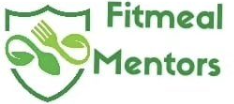
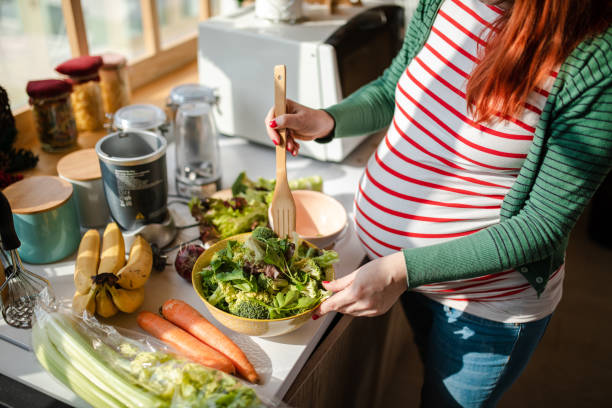
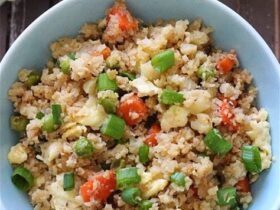

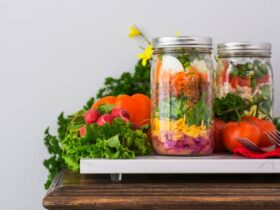
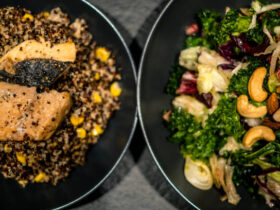
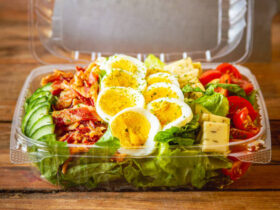
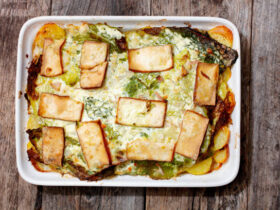
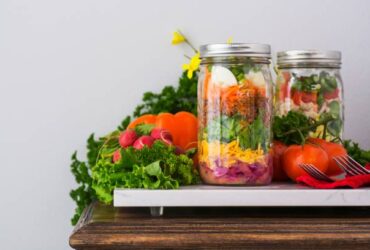
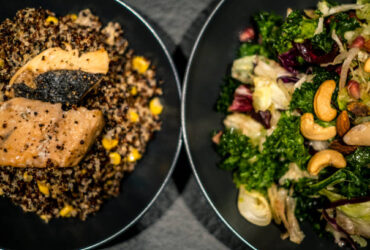
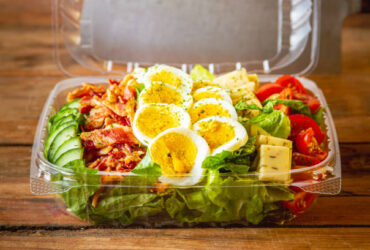
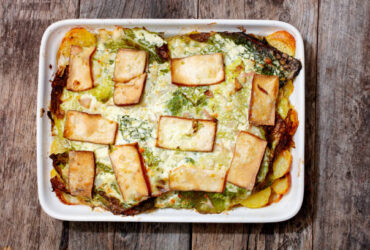
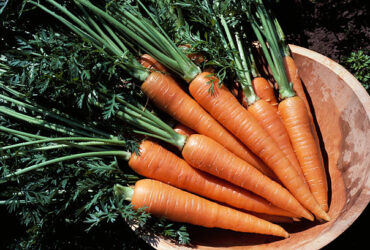


Leave a Reply